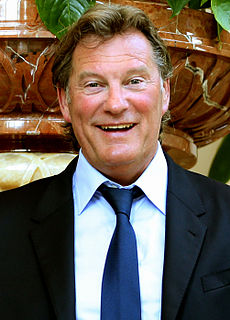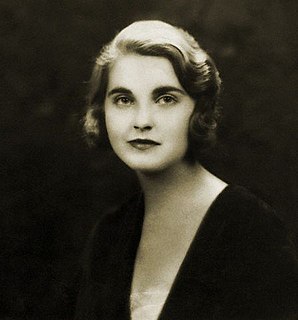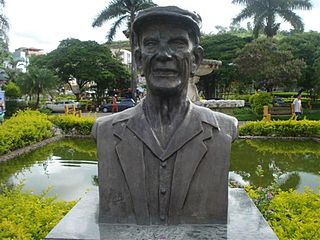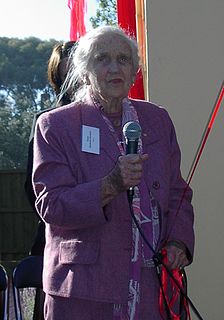A Quote by Melinda Gates
If you look back at history, [Dale ] Carnegie highlighted the need for libraries to be a place where everyone could go to read if you didn't have access to books. Philanthropy can be a place that'll take a risk or point to areas to make sure they are the right government investments to reduce inequalities.
Related Quotes
Kids not only need to read a lot but they need lots of books they can read right at their fingertips.They also need access to books that entice them, attract them to reading. Schools...can make it easy and unrisky for children to take books home for the evening or weekend by worrying less about losing books to children and more about losing children to illiteracy.
We need prizes as publishers... to focus attention on books, for people to know what to go look for. But often in my opinion and in probably everyone's opinion, the right books don't get chosen. Still we need books to be chosen even if they are not exactly the right ones, otherwise many people won't know what to read. As a publisher, I feel prizes are important for the publishing business. But as a writer, I think, writers shouldn't get too distracted by prizes because very often they don't go to the right person. You shouldn't take it too seriously if you haven't won a prize.
Once the government can demand of a publisher the names of the purchasers of his publication, the free press as we know it disappears. Then the spectre of a government agent will look over the shoulder of everyone who reads. ... Fear of criticism goes with every person into the bookstall. The subtle, imponderable pressures of the orthodox lay hold. Some will fear to read what is unpopular, what the powers-that-be dislike. ... fear will take the place of freedom in the libraries, book stores, and homes in the land.
What I would most like to think they would take away, is what I take away when I read my favorite books. Which is the knowledge that there is always somewhere you can go, that you love, and where you're safe. And that's how I feel about my favorite books, wherever I am, if I've got that book with me, I've got a place where I can go and be happy. So if that place is Hogwarts for anyone, then I couldn't be more honored or humbled.
What is a scene? a) A scene starts and ends in one place at one time (the Aristotelian unities of time and place-this stuff goes waaaayyyy back). b) A scene starts in one place emotionally and ends in another place emotionally. Starts angry, ends embarrassed. Starts lovestruck, ends disgusted. c) Something happens in a scene, whereby the character cannot go back to the way things were before. Make sure to finish a scene before you go on to the next. Make something happen.
As a young man, I was very interested in how people lived in earlier times; how they got from place to place, lighted their homes, cooked their meals and so on. So I went to the history books. Well, I could find out all about kings and presidents; but I could learn nothing of their everyday lives. So I decided that history is bunk.
My revision methods are chipping things away and moving them around and trying to get things right. I'm also open in my own writing to failure. I want to fail. I want to go to a place where I don't know what I'm doing, where maybe I'm lost. And in that uncertain space, I make decisions, and I know all those decisions are going to change everything else. And at a certain point, you just come to a place of rest. In revising, you reduce your options so that nothing is possible, and you just think, I can't change this anymore because I've already passed that decision point.
A library is many things. It's a place to go, to get in out of the rain. It's a place to go if you want to sit and think. But particularly it is a place where books live, and where you can get in touch with other people, and other thoughts, through books. If you want to find out about something, the information is in the reference books---the dictionaries, the encyclopedias, the atlases. If you like to be told a story, the library is the place to go.
































